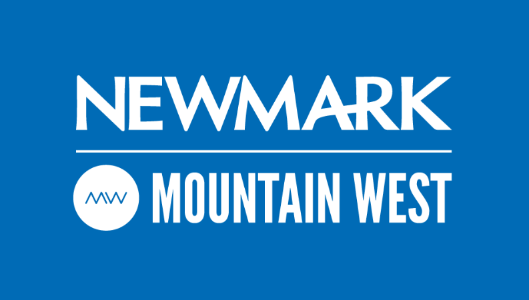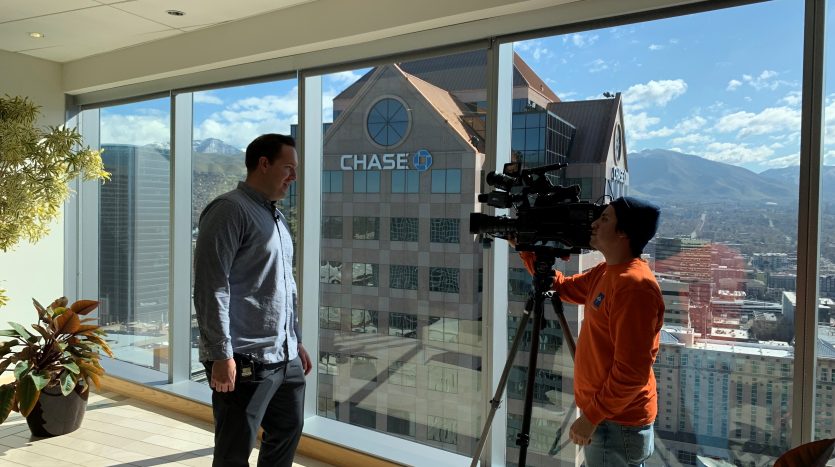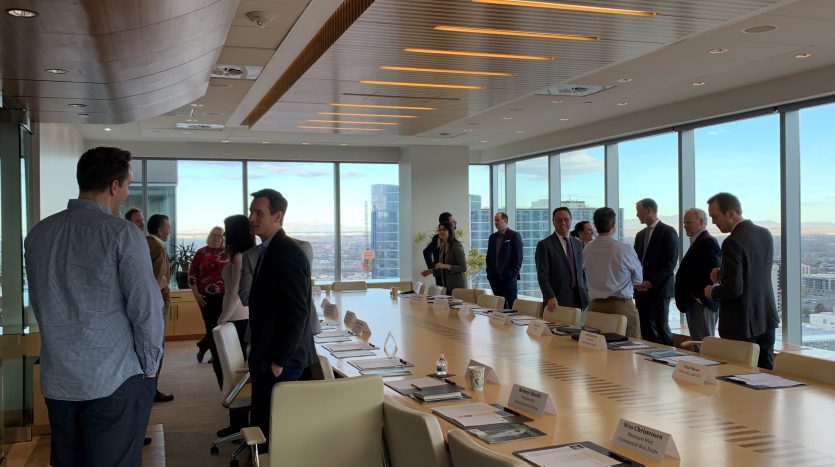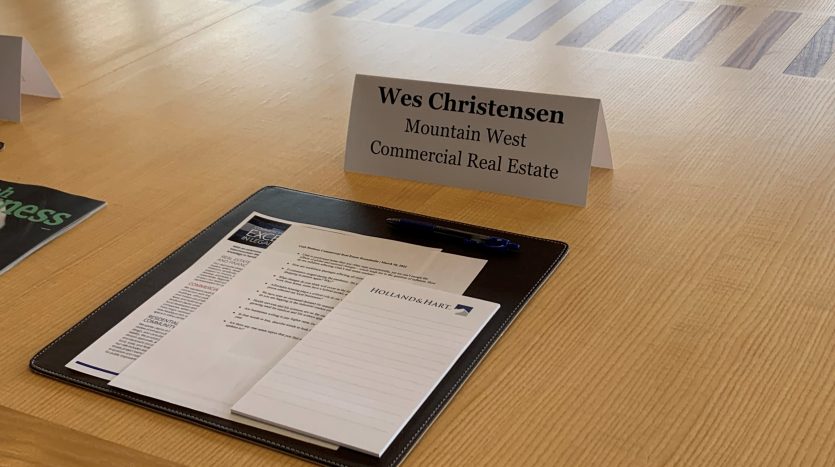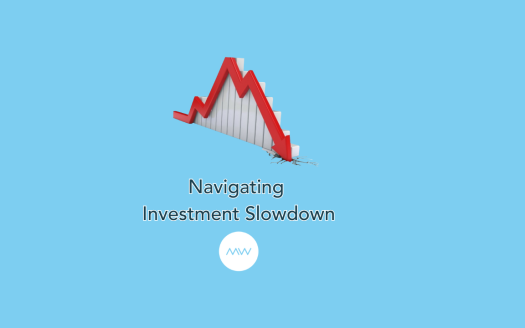MWCRE Participates in Utah Business’ CRE Roundtable
SALT LAKE CITY, March 30, 2021—Mountain West Commercial Real Estate participated in Utah Business’ annual commercial real estate round table. Utah Business gathered experts to discuss inflation, the worker shortage, the resurgence of in person events, and an outlook for the reminder of 2022. This year, hospitality broker Wes Christensen represented the brokerage at the roundtable. 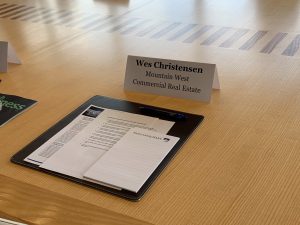
According to numbers from the state, Utah’s unemployment is 1.9%. Christensen says there are some ways hotels can handle the worker shortage.
“Hotels represent a good portion of our workforce,” Christensen said. “The hotel industry needs to shift to an A la cart business model. Meaning, if you want room service, you have to pay for it. If you want breakfast, you have to pay for it. Adapting this model could help reduce the need for hiring while providing a customized experience for guests”.
A major focus of the discussion was about inflation and how it is impacting Utah.
“Inflations impact on the hotel industry is not all bad,” Christensen said. “As hotels raise rates quickly it creates an investment hedge”. 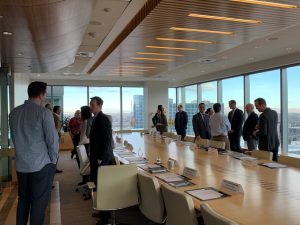
In 2020, Utah Business focused on how the pandemic impacted commercial real estate. Christensen weighed in on how the hospitality industry took a hit in 2020.
“2020 was officially the worst year for hotels in the history of hospitality. RevPAR, revenue per available room, dropped statewide 40 percent year-over-year. And downtown actually dropped 53 percent,” Christensen said. “Demand just went totally flat. It went away completely because of [the state] issuing stay-at-home orders. So, this year, it’s all about how quickly corporate and group demand comes back. Leisure has come back strong. In fact, some of the national park markets did better last year than they did previously, which is outstanding”.
Last year, the U.S. saw people left heavily populated metros and migrate to less populated areas like Utah. Christensen discussed how this trend impacted Utah’s commercial real estate industry.
“It’s great for hospitality. Although performance may have dropped, pricing has dropped maybe five to 10 percent year-over-year because of this influx of capital and this influx of people coming in, particularly from California. And so, it’s been a testament to how much Utah has really benefited from our economic diversity and population diversity from the influx,” Christensen said. “In fact, from an investor perspective, it makes a whole lot more sense to buy rather than to build hospitality right now. Lumber costs, driven primarily from single-family and multi-family development, are so expensive that it doesn’t pencil to build a hotel right now in most markets. As an investor, you’d be better off coming in, buying a hotel at a 10 percent or 15 percent discount year-over-year than building that asset right now”.
Long term, we’ll have a bit of a supply shortage here over this next cycle, kind of akin to what we saw in single-family residential over the last 10 years or so. I could see that happening in the hospitality space where nothing is going to get built, but demand is going to increase.

